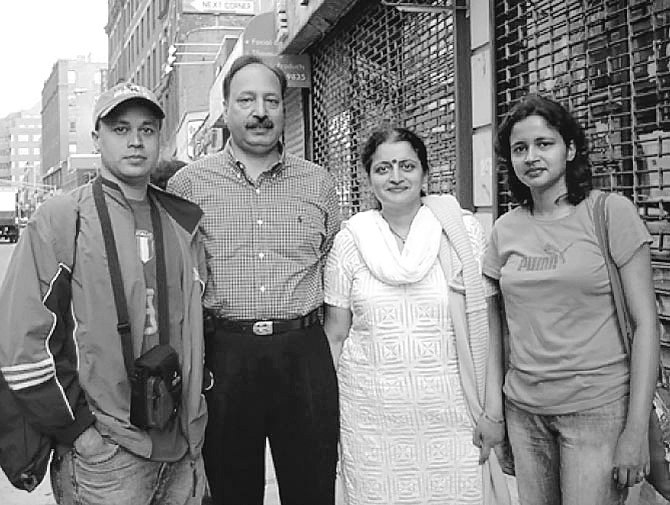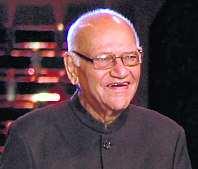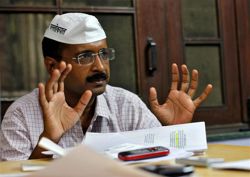
Family man: Jui’s (extreme right) memoir begins with her memories of a doting father who never failed to spend time with wife and children despite the pressures of a difficult profession.
Julio Ribeiro
Jui Karkare Navare is the grieving daughter of the brave policeman, Hemant Karkare, who along with another daredevil IPS officer, Ashok Kamte, and Inspector Vijay Salaskar was shot dead on 26/11/2008 by the Pakistani terrorists.
Jui and her husband, Devdatta Navare, were working in Boston, USA, when Hemant was killed. The couple is still stationed there. It was in Boston that Jui made the time to write a memoir about her father. The book, Hemant Karkare — A Daughter’s Memoir, is ‘must’ reading for all IPS probationers and all young men and women entering the civil services.
My NGO, the PCGT, has bought many copies to be presented to our guest speakers who we invite throughout the year to motivate students of Mumbai’s colleges to become better citizens of this great country. Personally, I intend to send a copy to the Member of Parliament representing Bhopal to convince her that Hemant did his duty as any good Hindu should by arresting her in a terrorist case. After reading it, she will certainly concede that Hemant Karkare was incapable of concocting evidence, diverting from the truth or denying justice to other human beings.
It is to the credit of Jui that she refrains from passing any judgment on the MP’s emotional rantings! In her memoir, Jui makes only passing reference to Pragya Thakur’s allegations through the words of a few of her father’s colleagues and friends who have spelt out their thoughts on this great police officer.
Jui’s memoir begins with her own childhood memories of a doting father who never failed to spend time with his wife and children despite the pressures exerted by a difficult profession. At a very early stage of their upbringing, Hemant had inculcated in his children the habit of reading and observing the beauty of nature and appreciating works of art. He himself created art from driftwood and his offspring learnt to admire the talent and dedication required of a creative artist.
The book delves into Hemant’s posting in the Maoist stronghold of Chandrapur. From his colleagues and juniors, she learnt of his meticulous study of the task he was facing, the leaders of the force opposing him, their tactics and the ingenuity they were obliged to use in fighting the might of the state.
Hemant made a survey of the human and non-human material at his disposal and allotted tasks according to the capabilities of his aides. He then proceeded to motivate them by giving credit where it was due, never misappropriating the good work of subordinates to himself, as some poor leaders of men are wont to do. Thereby, he left behind a contented force and reduced the burden of those who succeeded him in office.
Jui has included in her book the stories told by junior officers of Hemant’s inspirational leadership, his leading from the front and willingness to accept responsibility in difficult circumstances. In short, Hemant was a true leader of men who would sacrifice their own lives for him when the need arose. To achieve that status, an officer needs to be credible and just in his dealings and willing to accept blame when things do not work out according to plan. Hemant passed muster on all these criteria of leadership. And that is why when he was killed, the men who had worked closely with him at different points of time were drowned in grief.
A particularly poignant interview reproduced in the book was from Hemant’s cook in Vienna, Raju Patil. How a ‘Sahab’ treats his domestic help reveals more about the character of the ‘Sahab’ than any other examples of his interactions with other human beings. Hemant Karkare was a humanist in his thoughts and also in his deeds. When the poor and the troubled approached him with their woes, he did not merely sympathise with them, but helped them with justice being delivered. That is why he was loved by one and all — his own juniors in the police force and by the people he served. That, to my mind, is the true worth of a professional policeman. And also the true measure of his success.
It is impossible to even remotely suspect Hemant Karkare of involving a woman, or a man for that matter, in a false case. This book, so well written and compiled, will prove this conclusion. And that is why I will send a copy to his accuser, the MP from Bhopal!
Join Whatsapp Channel of The Tribune for latest updates.




























